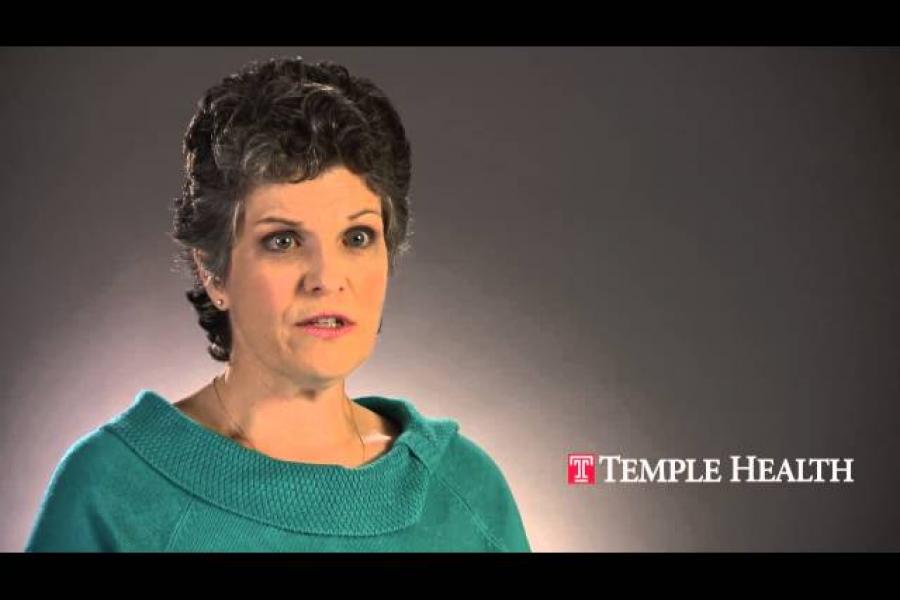National Leaders in Robotic & Minimally Invasive Urologic Surgery
Many hospitals offer robotic surgery for common urologic procedures. However, the success of robotic surgery depends not just on the availability of state-of-the-art robotic equipment, but much more on the experience and skill of the surgeon.
Temple is a national leader in robotic-assisted surgery, assisting other urology programs in the area with their most difficult cases and teaching advanced robotic techniques to urologists throughout the mid-Atlantic region. We routinely perform complex procedures that are not offered and cannot be performed anywhere else in the region, including other tertiary and academic medical centers.
Experienced in the Most Complex Cases
At Temple, our robotic urologic surgery program is led by some of the nation's authorities on minimally invasive treatments for urologic cancer and reconstructive surgeries of the prostate, kidney, adrenal gland, testis, bladder, and ureter. Individual surgeons have performed well over 1,000 robotic surgeries each and routinely evaluate and operate on the most complicated and high-risk patients, many whom are referred in from hours away due to their challenging surgical issues. Many of these patients are morbidly obese, have multiple prior operations or prior radiation and have been told by their surgeons that a minimally invasive operation is not a good option. Surgeons from across the world attend training sessions at our facilities to learn about the newest robotic standards.
We encourage all patients considering surgery for urologic cancer or other serious conditions to talk about their minimally invasive options with a Temple urologic surgeon.
